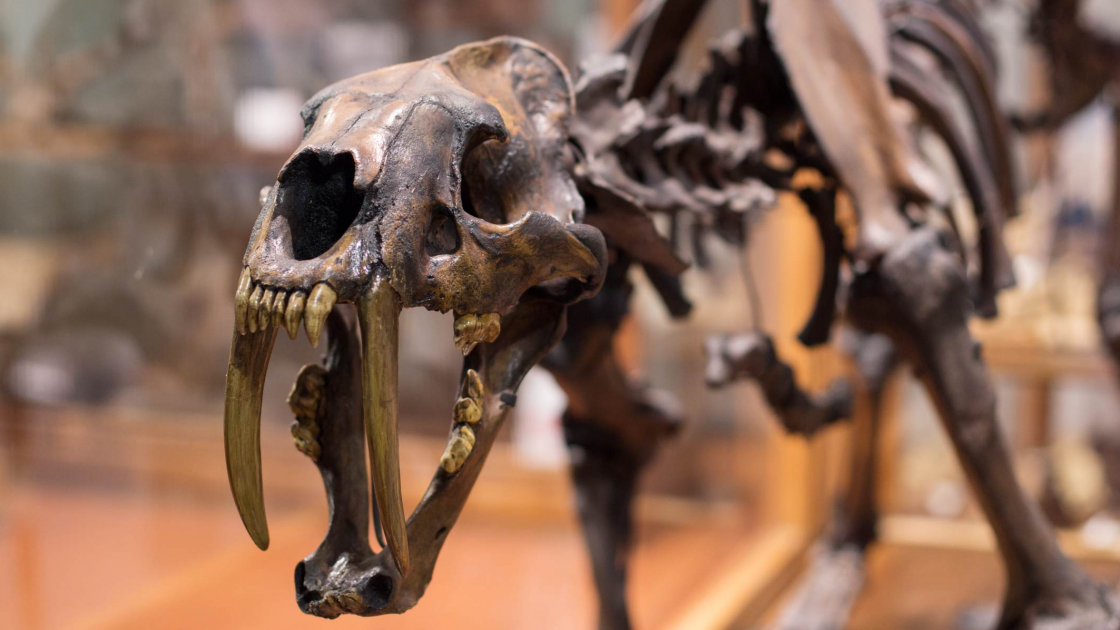Over its nearly 150 years of life, the museum has evolved after the change in society. As Shinoda tells, the museum’s original name betrays its social role: in fact, it was initially conceived as an educational museum, with the goal of educating both students and the general public of Japanese society in the field of science. «After the Second World War, different museums appeared specializing in various scientific and technological fields; Thus, the center was transformed into the current National Museum of Nature and Science, ”recalls the director.
As in most science museums, spreading knowledge is not the only goal. In fact, these institutions are also cutting-edge research centers, and the Tokyo Museum is no exception. “The strong point of the research that takes place within museums is its interdisciplinarity. In our case, for example, we are working to analyze the biodiversity of Southeast Asia, and to do so we have relied not only on zoologists and botanists, but also on geologists and paleontologists. In this way, we will be able to understand the long-neglected relationships between geology, flora and fauna, ”explains the director of the Tokyo Museum.
With regard to the science museum’s other main goal – knowledge sharing – several projects are in the works. “The crisis caused by the COVID-19 pandemic has turned into an opportunity for us,” says Shinoda. We’ve launched new programs for schools and seized the opportunity to rethink how we share information.
It must be remembered that even for educational purposes, students should not be the only target of communication. This is even more true in countries that – such as Japan and Italy – have experienced a significant demographic decline in recent years, the main consequence of which is a decrease in the number of children and young people. «We are aware of the issue: that is why, in the future, we will have to commit ourselves more and more to bringing adults into science museums as well. One way to do this is to broaden our exposure to the public, to explore new ways of communicating and playing with different art forms.”

“Infuriatingly humble alcohol fanatic. Unapologetic beer practitioner. Analyst.”


